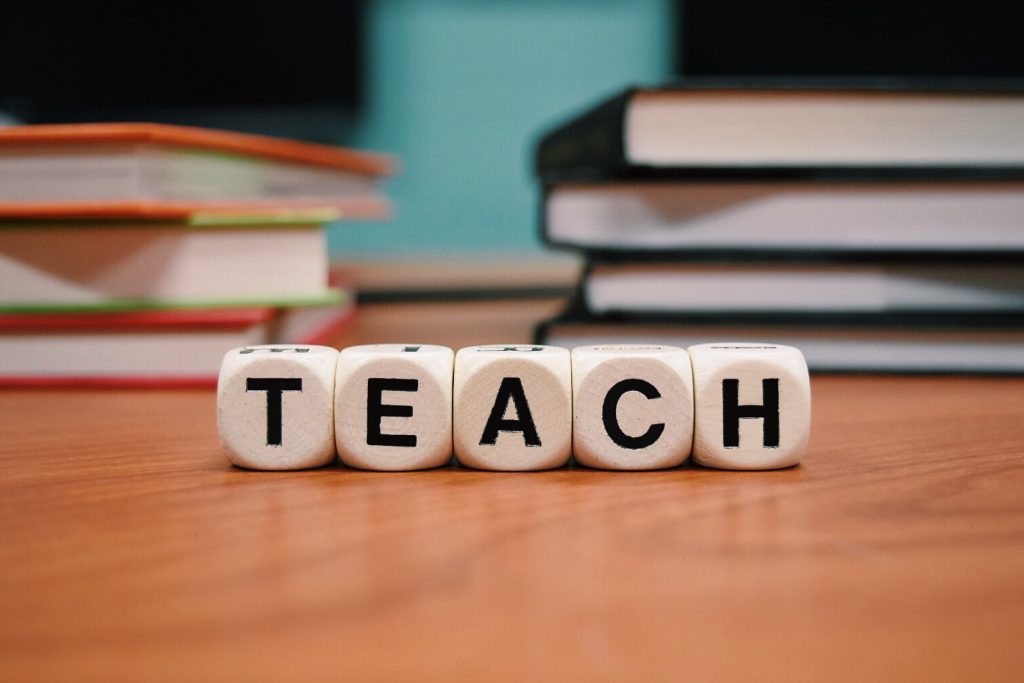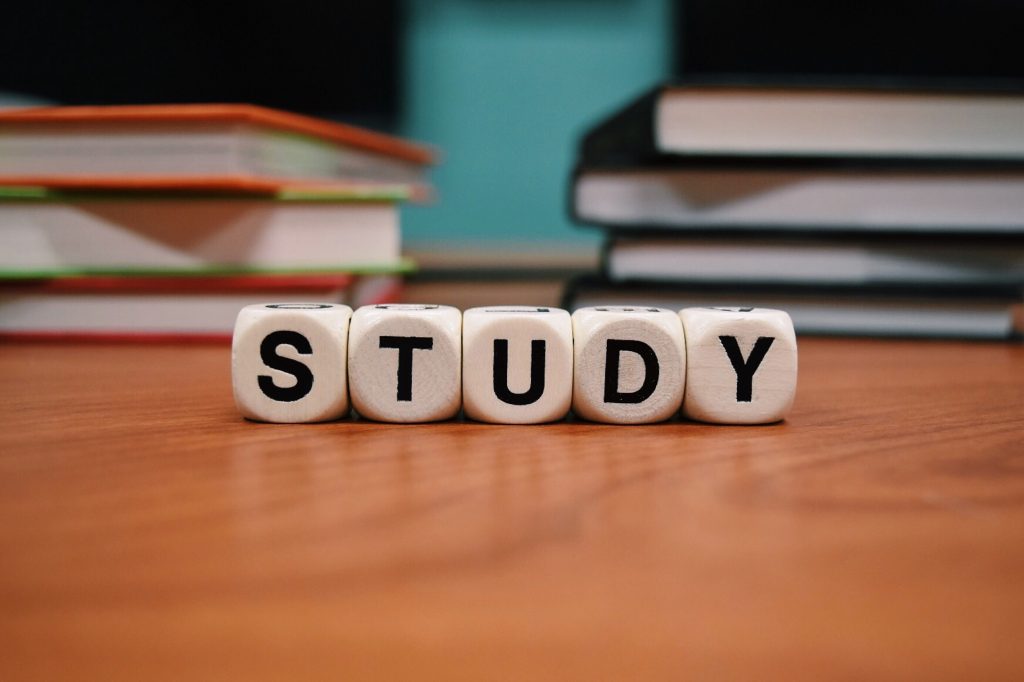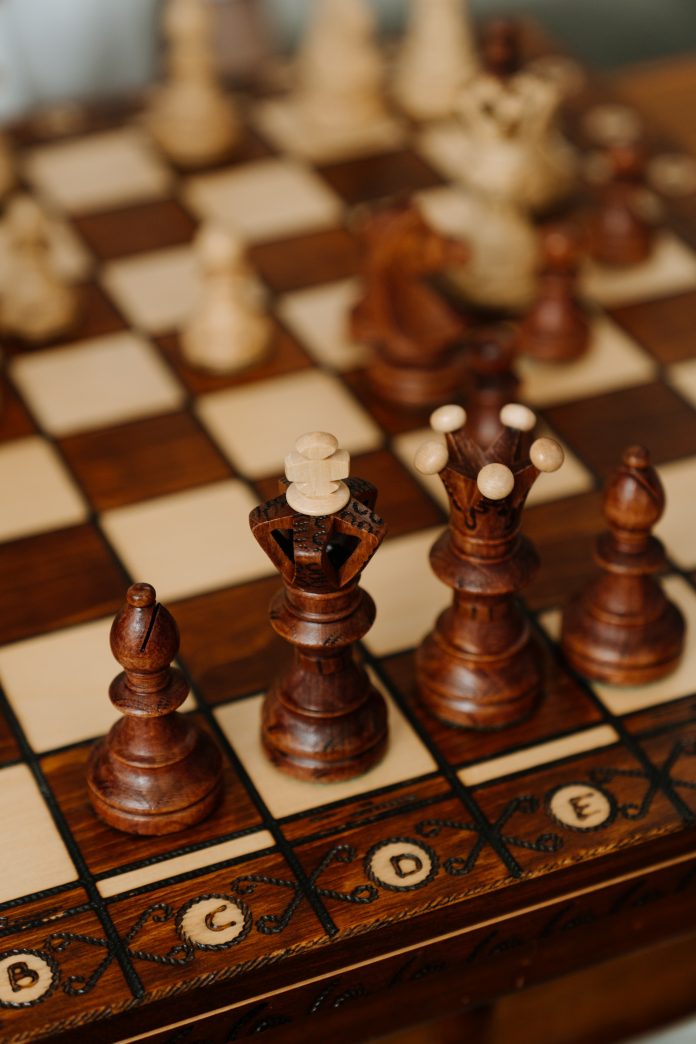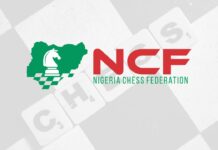There are many acronyms for SME, but the one referred to in this article is that of education called Subject Matter Experts in Instructional Design.
Who is an SME? Study.com defined SMEs as an essential part of the team in an organization. An SME has proficiency in their subject and guides other professionals on the project to ensure the content is accurate.
Proficiency generally comes from education and experience. SMEs come from academic, technical, and vocational fields. They may work on different projects and have additional duties, but their role is essential to ensure correct facts and technical details.

The next big trend in chess is the growing importance of subject matter experts (SMEs). Many grandmasters have recently focused on coaching and working with a smaller group of players. GMs as SMEs have helped to create a more even playing field for all players and increase the depth of competition. The focus of this article will be on Grandmasters as SMEs.

How did grandmasters turn into Subject Matter Experts? One reason for the growing importance of SMEs in chess is that grandmasters have a wealth of knowledge and experience to share. They can identify specific weaknesses in their opponents and advise learners on how to improve. Super grandmasters offer unique coaching opportunities through online platforms like chessable, chess.com, lichess, etc. In education, these platforms are called LMS—Learning management systems. Many grandmasters now work with players to help them improve their skills. These skills include training sessions, guidance before and after games, or even assisting aspiring players in designing practical puzzles, exercises, and learning outcomes (LO).

The importance of chess in education is growing and becoming increasingly important, not just for grandmasters, trainers, or instructors but for all players. The game of chess has become more complex and challenging over the years. Today’s top grandmasters have had to hone their skills extensively to compete at the highest level.
As subject matter experts, Grandmasters design courses tailored for learners of all ages. There is now an ever-increasing demand for chess education, as evidenced by the growing number of schools that offer chess classes.
Who are some famous grandmasters who have turned their attention to designing courses?
Many well-known grandmasters have begun working as SMEs recently, including World Chess Champion Magnus Carlsen, Hikaru Nakamura, Anish Giri, Levon Aronian, and Vladimir Kramnik. These players have extensive knowledge about the game of chess and can offer valuable advice to aspiring players. They also possess a great deal of charisma, and charisma can be a valuable asset when coaching.

Why is chess education important?
Chess education is vital for many reasons. First and foremost, it is a great way to develop critical thinking skills and improve chess tournament performances for ambitious players. Chess teaches learners about strategy and thinking ahead to win games. It can be a valuable educational tool for students struggling to improve their problem-solving abilities. Also, chess education can help individuals become better decision-makers and problem-solvers.
What should be the focus of chess education?
The focus of chess education will vary depending on the individual and their interests and needs. However, some standard guides for chess education include: developing critical thinking for all aspects of the game (Opening, middle game, and endgame), calculation skills as well as a teaching strategy to help students of the game improve their problem-solving abilities.
What resources are available for those interested in learning more about chess?
Many excellent resources are available to those who want to learn more about chess. Some of the best sources include online video tutorials from experts, books written by well-known grandmasters, learning management systems courses on chessable, chess.com or lichess, and chess software that can help learners improve their skills.
















Chess improves critical thinking abilities